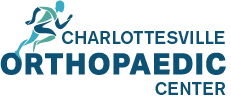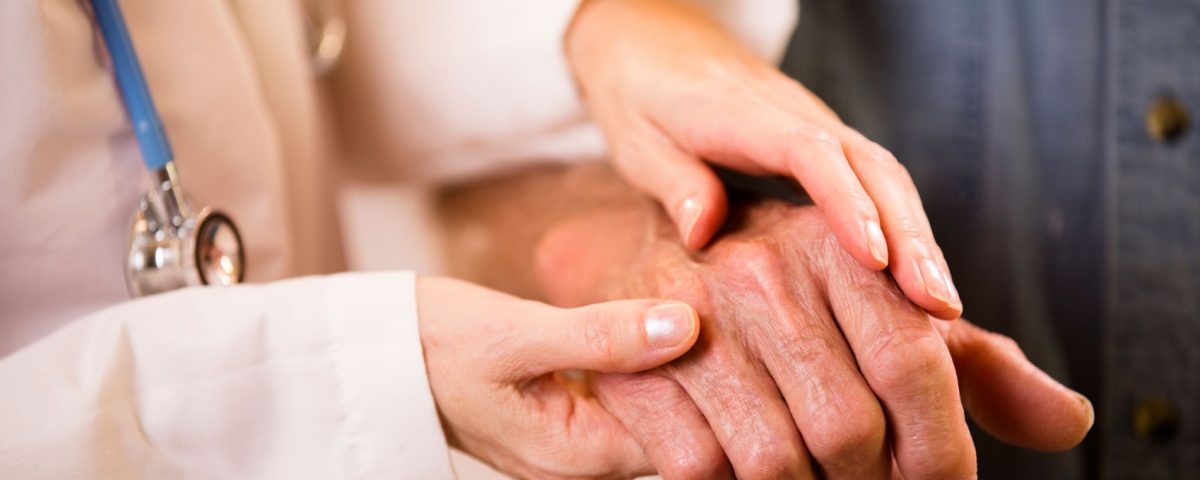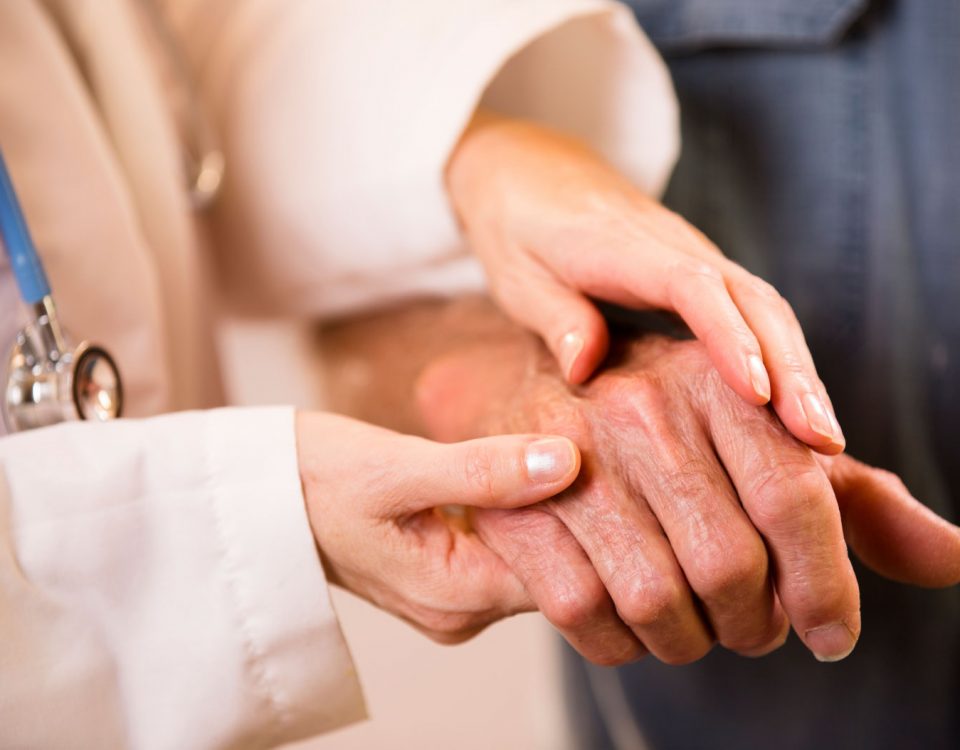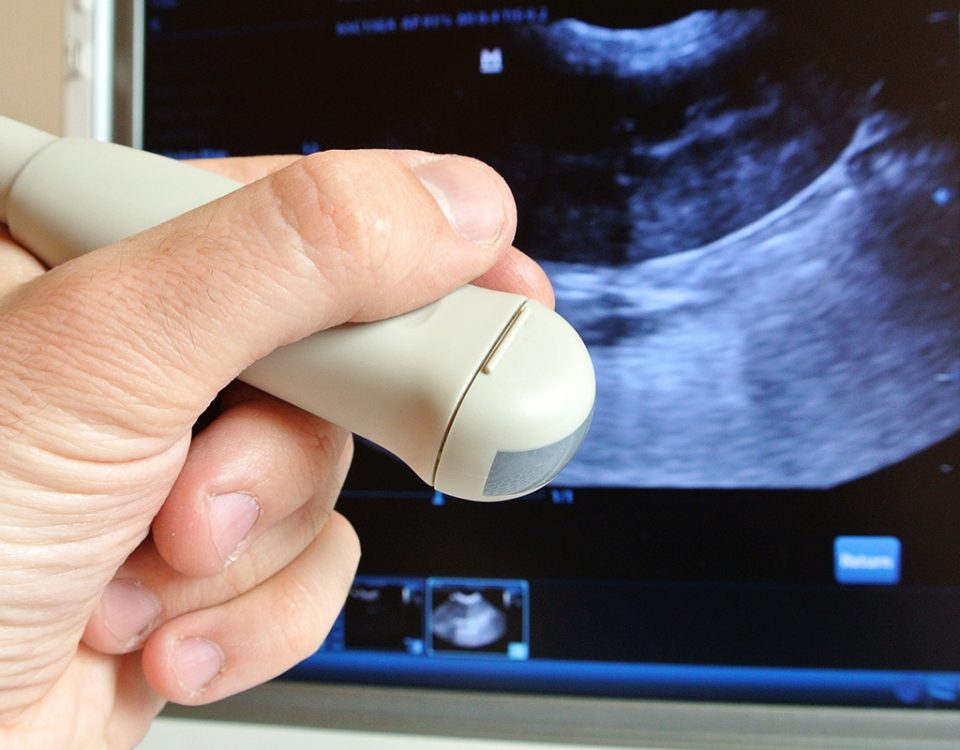Here at Charlottesville Orthopaedic Center, we are old pros when it comes to hand surgery. Whatever the ailment, our doctors are specialized in the surgical procedures required to fix injuries and help to alleviate pain due to chronic conditions. But for first time patients, hand surgery can seem scary…after all, your hands are a major part of your life and to willingly put them (temporarily) in harm’s way is not something that most people take lightly.
So what should you expect?
First, know that our doctors will be with you every step of the way on your surgical journey. They are here to help put your mind at ease and to answer any questions you may have about the procedure. Don’t be shy about asking questions prior to your surgery – it’s a stressful scenario, and you should feel completely comfortable about what will happen during this process. Your doctor will be able to answer your questions and provide any further information that you might need to put your mind at ease prior to surgery. They will also give you step-by-step guidelines for what your will need to do for your specific procedure – the information covered here is just to give you a general sense of what to expect.
Prior to your surgery, your doctor will ask you a few questions about any other illnesses you may have, as well as what medications you are currently taking. Provide a list of all medicines, including over-the-counter drugs like ibuprofen (Advil) or acetaminophen (Tylenol) and any herbal supplements. Based on this information, the doctor will let you know if you need to stop taking any of the medicines prior to surgery.
It is very likely that you will not be able to eat or drink anything for 24 hours prior to your surgery. Because you will likely be in some pain, or possibly unable to comfortably maneuver immediately after the surgery, you may want to bathe the night before or the morning of your procedure.
If you wake up the day of the surgery with a cold, or feel sick, call your doctor immediately, as this could be a reason to postpone your procedure. When you prepare to come to the surgery center, don’t wear any cosmetics (including nail polish), lotions or perfumes to the hospital. If your procedure requires that you stay in the hospital, be sure to bring a change of clothes and all necessary toiletries.
One of the things you will need to prepare for is the inability to use your hand during recovery. Have a conversation with your doctor about what to expect with your specific type of surgery, and then consider how to make things in your home more accessible or easier to live with while you are healing. The best plan is to have someone around to help you while you recover, as there are certain tasks that may be especially difficult during the first few days. You may even want to ask this person to help you plan how to make your home easier to navigate during your recovery period.
You may want to run an experiment – what will it be like to try to do every day tasks with only one hand? Attempt your daily routine one-handed, and make note of tasks that are especially hard. Past patients have told us that it’s a good idea to have clothes ready that don’t require the use of both hands to put on, and that a removable showerhead makes bathing much easier. You will also want to make sure that pots and pans, food items, and everyday essentials are easy to reach…or just pre-make food that is easily reheated, so you won’t even have to worry about cooking.
Ask if it is possible to pre-fill prescriptions prior to your surgery. There’s nothing worse than remembering the prescription at the last minute and having to worry about it while nursing a sore hand. Remember, once you have your post-surgery medication, make sure daily doses are placed in a container that can be opened with a single hand.
It is absolutely, 100% necessary that you follow your doctor’s post-operative instructions! There are no ifs, ands, or buts about this – these instructions will help to prevent any infections and to speed the healing process along. If there is something in the instructions that you don’t understand, please don’t hesitate to call us and ask for clarification. We want to make sure you know how to care for your hand properly while it is healing.
We also understand that the healing process can be slow and frustrating, but you still need to follow your doctor’s guidelines on how long your should wait prior to using your hand again. Trying to do too much too quickly may cause further injury or damage to the surgical site, which could slow down your healing time significantly. Each surgery is different, so your healing time will depend on a number of factors. Your doctor will give you an idea of how long you can expect to be out of commission.
For some procedures, you will be given information on hand exercises to perform during the recovery period. Stick with them! Even if they don’t seem to be doing anything, the exercises will help to strengthen muscles that may have been damaged during surgery or are week after a period of non-use.
Remember, hand surgeries are pretty common and orthopaedic surgeons are professionals – our goal is to get you on the road to leading an active life without the burden of pain. So don’t worry, we are here to help!






